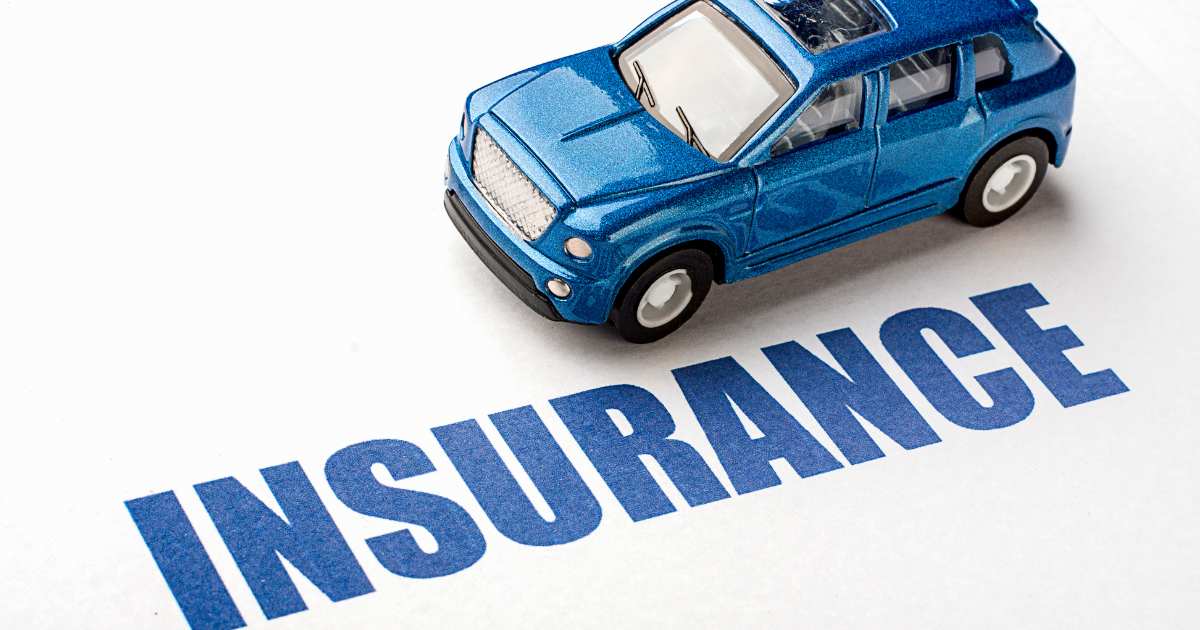Business vehicles are great to have, especially if your business requires you and your team to move around a lot. It helps you separate personal vehicles from work vehicles, and as much as you insure your personal vehicles, the same is needed for business vehicles. One might argue that the need to insure these vehicles is even more important as they are used to generate an income in your business.
Whether you own a delivery van, fleet of cars for staff, or even a branded truck, ensuring your business vehicles is not just about meeting legal requirements, it’s about safeguarding your operations, cash flow, and reputation. Choosing the right business vehicle insurance in a market flooded with options can be tricky. In this article, we’ll help you do just that.
1. Understand What Business Vehicle Insurance Actually Covers
Commercial vehicle insurance is similar to personal car insurance, but it’s designed to accommodate businesses and risks unique to business use, like transporting goods, cross-province travel, client visits, and other commercial purposes.
Policies typically cover:
- Vehicle insurance with third-party liability is for incidents where your vehicle is responsible for injuring someone or damaging their belongings.
- Accidental damage from collisions and other unexpected events.
- Theft and hijacking which is particularly critical in high-risk areas.
- Loss of income if your vehicle is essential to operations and kept off-road after an accident.
It’s important that you’re very specific when you’re looking for insurance, ask questions and critically look at the fine print. For instance, if your business vehicles are used by multiple drivers, always ask if the policy allows multiple drivers.
2. Assess Your Risk Profile and Vehicle Use
One of the most overlooked steps by small business owners is failing to evaluate their business risk profile before shopping for insurance. The type of industry you operate in, the areas your vehicles travel through, and how often they are on the road will influence both your premiums and what level of cover you need.
For instance, a salesman who has meetings locally will face different risks than a logistics company delivering heavy loads across provinces. The salesman may prioritise third-party and theft cover, while the logistics company will need comprehensive accident and downtime cover.
Before choosing an insurance provider, ask yourself a series of questions to prepare for the type of policy you will request a quote for. These questions include:
- Do you drive in high-crime areas?
- How often is the vehicle used each day?
- Do employees drive the vehicles or only you?
- What kind of goods or services do you transport?
3. Compare Insurers
It’s tempting to go with well-known insurers because of their advertising presence. But small businesses might find better flexibility and cost with niche or business-focused insurers that tailor policies for small to large scale operations.
When you’re comparing insurers, look at the following:
- Flexible excess options
- Roadside assistance included
- Add-ons like goods-in-transit cover
- Multi-vehicle or fleet discounts
- Quick claims process turnaround
Platforms like Hippo.co.za exist to help compare different insurance quotes. However, you should also consider reaching out directly to brokers as they may have customisable packages for businesses.
4. Consider Optional Extras That Add Real Value
Some insurers offer extras that may not seem necessary upfront but could save you thousands down the line. One of the valuable extras is a car hire benefit, which ensures business operations continue uninterrupted while the insured vehicle is being repaired.
This benefit is especially useful for businesses heavily reliant on their vehicles, preventing potential losses due to downtime. Selecting insurance with such extras can provide a safety net, ensuring business continuity and financial stability in unexpected situations.
5. Understand the Different Insurance Types
Here’s a list of the different types of insurance you’ll typically come across:
- Comprehensive: This cover is the most expensive, but it covers both your vehicle and others in any incident.
- Third-Party Only: Covers damage you cause to others, not your own vehicle.
- Third-Party, Fire and Theft: Covers damages you cause to others in an accident, as well as damage to your vehicle due to fire or theft, but it does not cover damage to your vehicle in an accident.
NB: If you have business vehicle finance for your SME, comprehensive cover is compulsory.
6. Always Update the Documentation and Claims Process Ready
Many businesses lose out on claims due to poor administration. Ensure:
- Vehicle licences and registration are up to date.
- Employees with car access have valid licences.
- Daily or weekly vehicle inspections are logged.
- Incidents are reported within the insurer’s claim window (usually 24–48 hours).
Also, keep records of your vehicle’s mileage, service history, and any changes in use. For example, if a vehicle was originally used for deliveries but is now used for site visits only.
Choosing the Best Insurance for Your Business
Choosing the right business vehicle insurance involves various steps, including understanding your coverage needs, assessing your risk profile, comparing insurers for the best deals, considering valuable optional extras, understanding different insurance types, and ensuring your documentation is always updated.
Taking these steps will allow you to make an informed decision. Remember that due diligence and continuous review of your policy are crucial for ongoing security.




